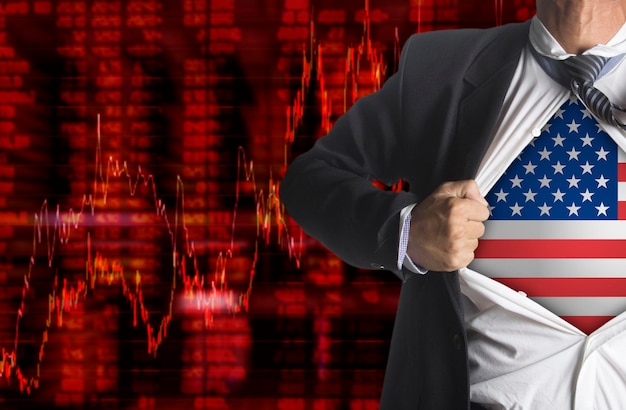
Estimated reading time: 6 minutes
Key Takeaways
- Statutory safeguards mean a Fed chair can only be removed “for cause,” not for policy disputes.
- Any dismissal attempt would likely spark a constitutional showdown and roil markets.
- Former chairs and lawmakers have rallied to defend central-bank independence.
- Investors fear politicised rate moves could raise borrowing costs and weaken the dollar.
- Congress is weighing bills to clarify the removal process and preserve the Fed’s autonomy.
Table of contents
The Legal Framework: Can a President Fire the Fed Chair?
Under the Federal Reserve Act, governors serve fixed 14-year terms and may be removed only for cause – a high bar usually interpreted as serious misconduct or incapacity. Policy disagreements do not qualify. Legal scholars argue that any unilateral move by a president to dismiss Chair Jerome Powell would collide with Supreme Court precedents that protect independent agencies from partisan capture.
“Central-bank credibility rests on insulation from short-term politics,” notes Columbia Law School professor Anika Bose. “If that wall crumbles, every future rate meeting could become a campaign rally.”
Market Reaction: Volatility Signals Rising Risk
News that former President Trump had explored firing Powell first surfaced in a Bloomberg report. Treasury yields jumped as traders priced in a risk premium for institutional instability, while the S&P 500 shed nearly 2% in a single session. Currency desks likewise pushed the dollar lower on fears that politicised monetary policy would erode its haven status.
- Two-year yields rose 14 basis points within hours.
- Implied volatility on Fed funds futures hit a six-month high.
- Gold prices climbed as investors sought policy-neutral assets.
Historical Context: How Past Presidents Tested the Fed
Presidential pressure on the Fed is not new. Lyndon Johnson berated Chair William McChesney Martin at his Texas ranch. Richard Nixon famously leaned on Arthur Burns for easy money ahead of the 1972 election, a move many economists blame for the ensuing inflation spiral. Yet no president has attempted an outright dismissal since the Fed’s creation in 1913. The absence of precedent underscores how radical such a step would be.
“The Fed’s independence is a hard-won lesson from the Great Inflation,” former Chair Ben Bernanke told The Wall Street Journal. “Tearing it down invites economic pain.”
Implications for Investors and the Economy
If the White House could freely replace the Fed chair, markets fear rate policy would bend toward political cycles, potentially leading to lower rates before elections and higher inflation afterward. A July study by the International Monetary Fund shows that countries with weaker central-bank independence average inflation nearly 3 percentage points higher than their peers.
Key investor concerns include:
- Rising term premiums on Treasuries, lifting mortgage and corporate borrowing rates.
- A structurally weaker dollar, which could stoke import-price inflation.
- Higher equity risk premiums as earnings become harder to forecast.
Policy Path Ahead: Courts, Congress and Credibility
Bipartisan Senate bills now seek to reaffirm that only “malfeasance or neglect of duty” justify removal of a Fed governor. Should a president ignore that language, litigation would almost certainly reach the Supreme Court, with markets watching every docket filing. Until clarity arrives, many strategists advise holding extra cash and Treasury Inflation-Protected Securities as a hedge against policy volatility.
*The fate of one chair could redefine the balance of power between Wall Street and Pennsylvania Avenue for decades to come.*
FAQs
Has any Fed chair ever been fired?
No. While presidents have complained, none has successfully removed a chair since the Fed’s establishment in 1913.
What does “for cause” mean in this context?
“For cause” generally refers to proven misconduct, ethical violations, or incapacity – not mere policy disagreement.
Could Congress change the removal standard?
Yes, but doing so would require new legislation signed by the president, and such a move would likely face stiff bipartisan resistance.
How might markets react if the chair were dismissed?
Analysts expect a flight to safety, higher bond yields, a weaker dollar, and a sharp equity pullback until legal clarity is restored.
Does central-bank independence really control inflation?
Empirical studies from the IMF and OECD consistently link stronger independence with lower and more stable inflation outcomes.









